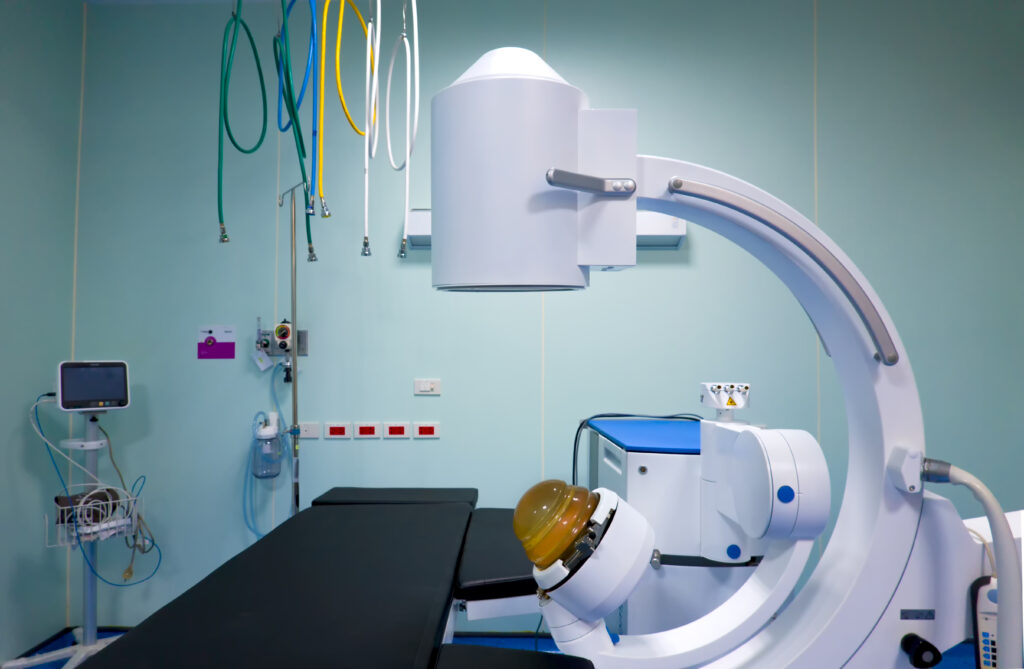Protagenic Therapeutics, Inc. (NASDAQ: PTIX) has long focused on the development of peptide-based therapeutics aimed at treating stress-related neuropsychiatric disorders, a massive global market with persistent unmet need. But in a move that may redefine its trajectory entirely, Protagenic has entered into a transformative all-stock merger with Phytanix Bio, a private biotech company developing next-generation therapies for central nervous system (CNS) and metabolic diseases. This deal is not just a merger of companies—it’s the fusion of two differentiated scientific platforms poised to address multi-billion-dollar markets in anxiety, depression, obesity, and epilepsy.
On May 16, 2025, Protagenic officially completed its share-exchange agreement with Phytanix Bio, with the new combined entity now operating under the name Phytanix Ltd. In the aftermath of the announcement, PTIX shares soared as high as 306% intraday, marking one of the most explosive moves among small-cap biotech stocks this year. The sudden shift in investor sentiment was driven by a powerful narrative: the combined company will now house one clinical-stage drug candidate and five additional preclinical assets, forming a diversified portfolio at the intersection of neuroscience and metabolic health—two sectors where innovation and investor enthusiasm are running hot.
A New Pipeline Fueled by Scientific Synergy
Before the merger, Protagenic’s primary asset was PT-00114, a synthetic peptide that modulates the Teneurin C-terminal associated peptide (TCAP) pathway, which plays a role in regulating the stress axis and anxiety-like behavior. In Phase 1 studies, PT-00114 demonstrated strong safety and tolerability, positioning it for Phase 2 advancement as a novel treatment for stress-induced mood disorders, including generalized anxiety and post-traumatic stress disorder (PTSD).
Phytanix Bio, on the other hand, was developing a portfolio of cannabinoid-like compounds, stilbenoid-based anticonvulsants, and potassium channel modulators, with applications spanning epilepsy, obesity, anxiety, and other CNS conditions. By merging these two complementary platforms, the new Phytanix Ltd. now boasts a pipeline that targets both behavioral and metabolic dysfunctions, a compelling strategic overlap that could create synergy across development, clinical trial design, and future commercialization.

CHECK THIS OUT: Johnson & Johnson (JNJ) can be the Next Trillion-Dollar Stock and Boston Scientific (BSX) Just Signed a $45M Deal—Here’s What It Means for Investors.
Ownership Structure Reflects Strategic Shift
Under the terms of the all-stock transaction, Phytanix shareholders now control approximately 65% of the newly combined company, while Protagenic shareholders retain the remaining 35%. The issuance included common shares, preferred stock, and warrants, illustrating a commitment to aligning long-term stakeholder interests as the company begins its next chapter as Phytanix Ltd.
This ownership structure effectively positions Phytanix as the driving force behind the combined pipeline while still leveraging Protagenic’s public listing and drug development infrastructure. The fact that public investors responded with such enthusiasm—driving a triple-digit gain in PTIX’s stock price—underscores market confidence in this vision.
Leadership in an Expanding Market: Stress and CNS Disorders
The mental health crisis continues to worsen globally, with stress-related disorders such as anxiety and depression affecting hundreds of millions of individuals. Current pharmacological options, often rooted in SSRIs or benzodiazepines, come with significant side effects and limited efficacy for many patients. PT-00114, with its unique mechanism of action and favorable early safety profile, could provide a first-in-class alternative that directly targets neuropeptide pathways involved in stress regulation.
The cannabinoid and metabolic arms of the Phytanix pipeline aim to capture another set of enormous commercial opportunities. With GLP-1 analogues like Ozempic and Wegovy gaining mainstream attention for their role in obesity management, investors are actively seeking the next wave of metabolic disruptors. Phytanix’s novel cannabinoid-like molecules are being designed to modulate appetite, metabolism, and neuroinflammation—offering a new angle in the battle against obesity and related CNS comorbidities.
A Capital Position Ready for Growth
In the lead-up to the merger, Protagenic announced it had received $3.1 million in proceeds from warrant exercises, boosting its cash reserves at a critical time. These funds provide immediate operating capital as the company begins integration and advances its pipeline. Additional capital raises or non-dilutive licensing deals could further extend the runway, particularly as the company prepares for the next clinical stages for PT-00114 and early development milestones for its cannabinoid-derived compounds.
With six drug candidates in total—ranging from first-in-class peptides to synthetic cannabinoids—Phytanix Ltd. has a de-risked asset base that enhances optionality. Not every candidate needs to succeed for the company to thrive; even one or two successful transitions to Phase 2 or 3 could unlock substantial shareholder value.
Technical Momentum Reinforces Investor Confidence
From a technical perspective, PTIX stock was languishing in low-volume consolidation for months before exploding in May 2025. The massive one-day move—up over 300%—suggests a rapid revaluation of the company’s long-term potential. While volatility should be expected, especially in micro-cap biotech, the stock’s increased volume and visibility place it firmly on the radar of retail and institutional investors alike.
Should the company announce positive updates in the coming months—including advancement of clinical programs, new IP filings, or additional funding—the stock may challenge previous resistance zones and re-rate higher based on fundamentals rather than speculation.
Summary: Why PTIX—Now Phytanix Ltd.—Deserves Attention in 2025
Protagenic Therapeutics’ merger with Phytanix Bio isn’t just a headline—it’s a fundamental repositioning of the company into a multi-asset, next-generation biotech with a deeply relevant focus on stress, anxiety, epilepsy, and metabolic disorders. The integration of PT-00114 with Phytanix’s preclinical assets delivers breadth and depth to the pipeline. A strengthened balance sheet, increased market visibility, and multiple shots on goal position the new Phytanix Ltd. to become one of the more exciting high-risk, high-reward plays in the small-cap biotech universe.
For speculative investors seeking asymmetric upside in 2025, PTIX offers a newly energized opportunity with near-term catalysts and long-term market potential. The story has just begun, and the next chapters—clinical data, partnership announcements, and platform expansion—could propel this emerging biotech into a category of its own.
READ ALSO: This Tiny Surgical Robot Stock Could Disrupt a $30 Billion Industry: Microbot Medical (MBOT) and Pro-Dex (PDEX) Plunges 39% – Here’s Why Smart Investors Are Buying the Dip.








